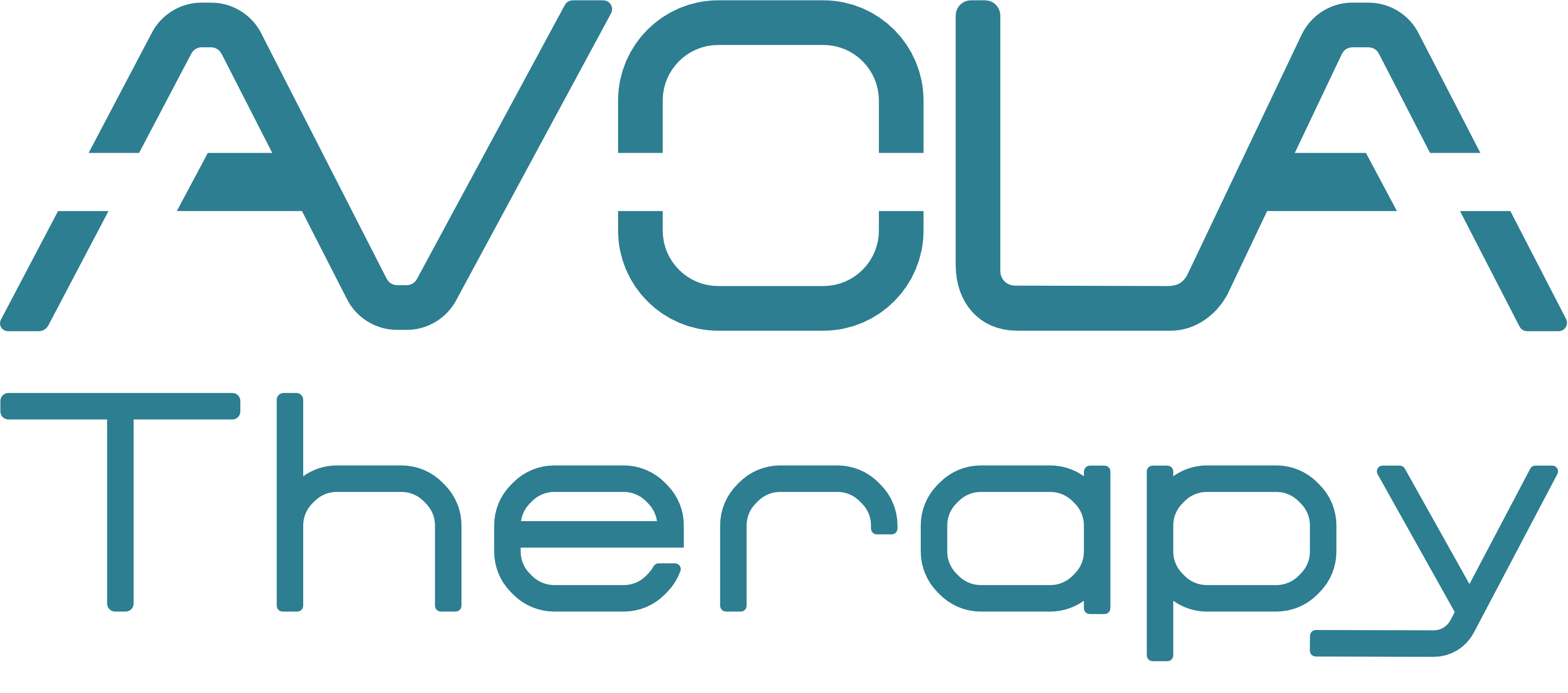What Is Occupational Therapy? A Life-Changing Approach to Everyday Challenges
When people hear the word “occupation,” they often think of jobs or employment. But in Occupational Therapy (OT), “occupation” means something broader: it refers to all the meaningful activities we do every day—from brushing our teeth and cooking dinner to going to school, playing with our children, or returning to work after an injury. Occupational Therapy is the science and art of helping people do what they need and want to do—no matter their age, ability, or life circumstance.
What Is Occupational Therapy?
Occupational Therapy is a healthcare profession that helps individuals across the lifespan improve their ability to perform daily activities, also known as Activities of Daily Living (ADLs). These may include basic tasks like dressing, grooming, and eating, or more complex activities like parenting, driving, working, or managing a household.
OT focuses on function. Rather than treating a diagnosis in isolation, occupational therapists consider the person, their goals, their environment, and how all these factors interact. The result? Personalized care that empowers people to live fuller, more independent lives.
Who Can Benefit from Occupational Therapy?
OT is for everyone—from newborns to older adults. It is used in hospitals, schools, clinics, nursing homes, rehabilitation centers, and in people’s own homes. Here are just some of the many conditions OT can address:
1. Children and Adolescents
- Autism Spectrum Disorder: Improving social interaction, sensory regulation, and daily routines.
- Developmental Delays: Enhancing motor skills, attention, and play abilities.
- Sensory Processing Disorders: Helping kids respond appropriately to sensory input (touch, sound, movement).
- Cerebral Palsy and Genetic Conditions: Supporting mobility, communication, and independence.
2. Adults with Injuries or Disabilities
- Stroke Recovery: Relearning daily tasks like dressing, feeding, or cooking.
- Traumatic Brain Injury (TBI): Supporting cognitive function, memory, and executive skills.
- Spinal Cord Injury: Teaching adaptive methods for self-care, mobility, and work.
- Amputation: Training with prosthetics and adapting tasks for daily life.
3. Mental Health and Behavioral Conditions
- Depression or Anxiety: Establishing healthy routines, coping strategies, and social participation.
- PTSD: Supporting trauma recovery through meaningful activity and emotional regulation.
- Addiction Recovery: Rebuilding life skills, routines, and purpose during rehabilitation.
4. Older Adults
- Arthritis or Chronic Pain: Teaching joint protection, energy conservation, and assistive device use.
- Dementia or Alzheimer’s Disease: Supporting memory, safety, and caregiver education.
- Fall Prevention and Balance Issues: Improving safety in the home and community.
- Parkinson’s Disease or Multiple Sclerosis: Helping maintain function and independence as conditions progress.
5. Work and Community Reintegration
- Return-to-Work Programs: Assessing job demands and modifying tasks after injury or illness.
- Driving Rehabilitation: Evaluating and retraining safe driving skills.
- Hand Therapy: Addressing hand and wrist injuries like carpal tunnel or tendonitis.
How OT Works
Occupational Therapy always starts with the person: What do they want to do? What’s meaningful to them? The OT then designs a plan that may include:
- Functional exercises and activities
- Cognitive training and compensatory strategies
- Environmental modifications
- Assistive technology
- Caregiver training
- Lifestyle coaching and routine building
Whether restoring lost skills or developing new ways to adapt, OT focuses on participation, not just performance.
Why OT Matters
The goal of Occupational Therapy is simple but powerful: to help people live life to the fullest. It’s about enabling independence, dignity, and purpose—no matter what challenges a person may face. Whether it’s a child learning to play, a worker returning after an injury, or an older adult regaining confidence at home, OT changes lives by helping people do what matters most.
If you or a loved one is struggling with everyday tasks due to illness, injury, or disability, Occupational Therapy may be the missing piece in your path to recovery and independence.

